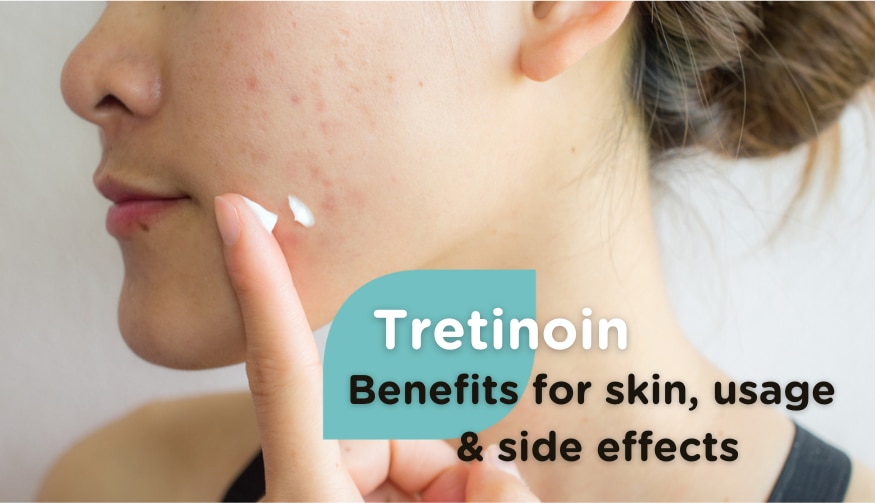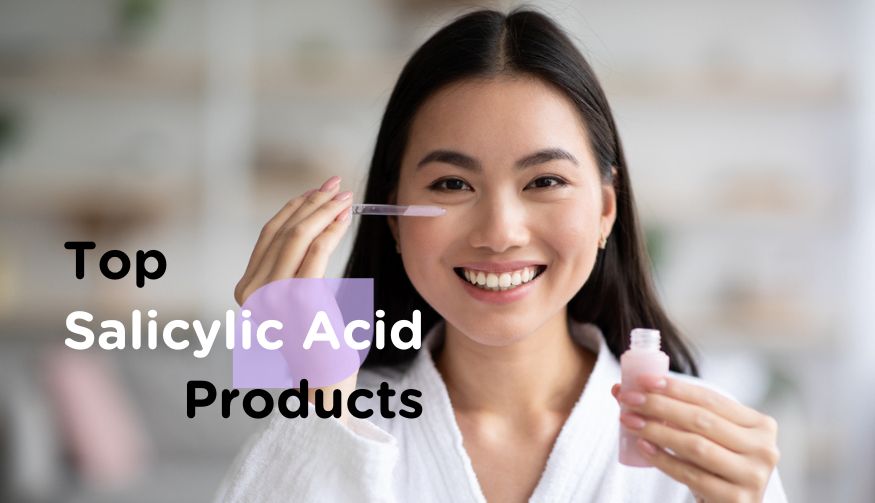
A question you might remember from a recent pub quiz – what’s the body’s biggest organ? Is it the liver? The lungs? Go on, give it a guess. No? OK, it’s the skin. And with such great power comes great responsibility.
The skin is there to shield us from the elements, but it’s not impenetrable and can react in a variety of ways. Whether you’ve already identified with a skin condition or have recently noticed your skin flaring up uncharacteristically, our info-packed guide explores the most common skin conditions: psoriasis, rosacea, eczema and acne.
Psoriasis
Psoriasis is a skin condition that affects a lot of people and can start at any age. Some of the symptoms can include red patches covered with silvery scales. It’s considered to be a long-lasting, chronic condition and the severity of it varies from person to person. People who suffer from psoriasis have an increased production of skin cells and it’s this sped-up process that creates the patches on the skin.
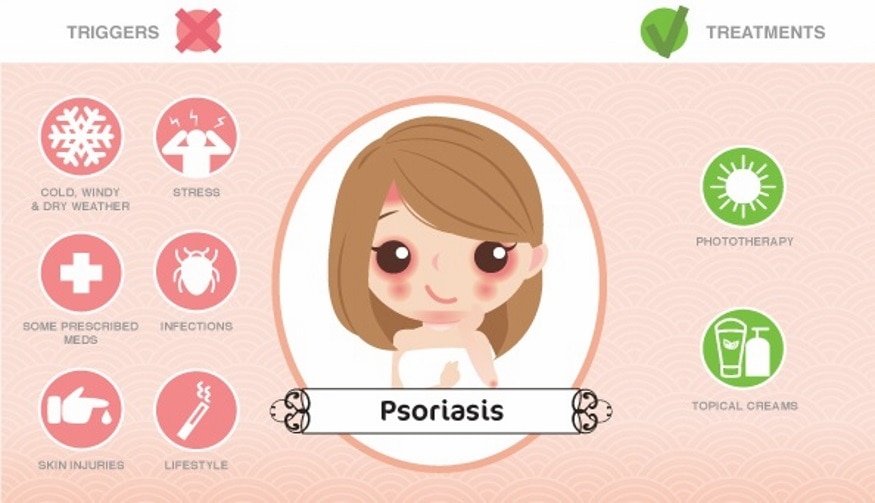
Rosacea
This long-term condition mainly affects the face and can be controlled to some degree with treatment. It often begins with skin appearing rosy and red for a short period. As it’s a ‘relapsing’ condition, which means that it can appear and disappear in intervals. The exact cause of this condition is unknown, but a host of triggers that can aggravate rosacea have been identified.
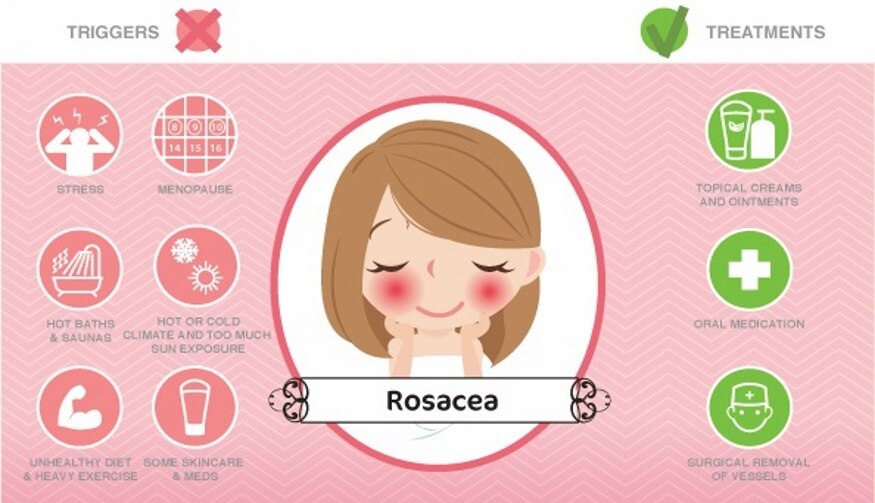
Eczema
Eczema is a dry skin condition that can appear in various forms. Symptoms can range from mild (red, scaly, itchy skin) to severe (bleeding, weeping skin). It is a condition which can affect any age but is primarily seen in children. There are treatments available that can help relieve symptoms, but currently there is no known cure. Although, it is said that symptoms can naturally improve over time.
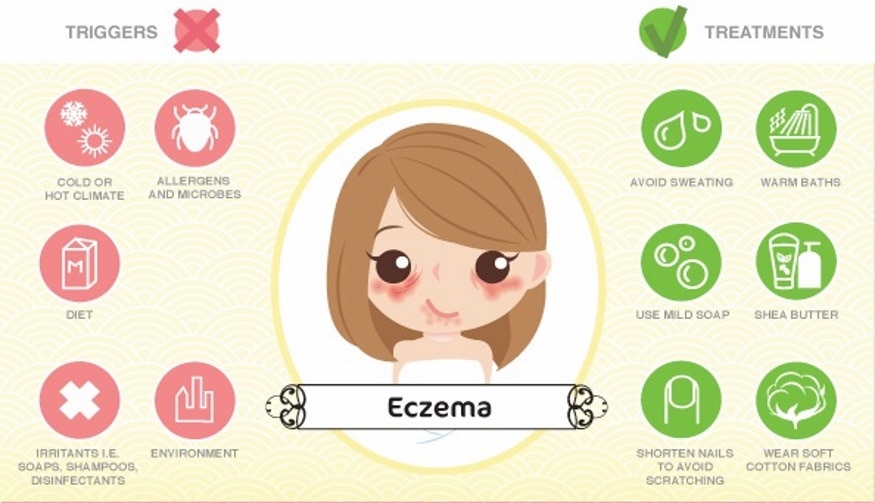
Acne
Common in teenagers and young adults, acne is a skin condition that can cause blemishes on the face, back and chest. Not to be confused with a one-off breakout of spots, acne is associated with hormone imbalance that causes excessive amounts of oil, also known as sebum. It can run in families and is not caused by poor hygiene. As most acne sufferers will experience blemishes on the face, it can often cause distress.
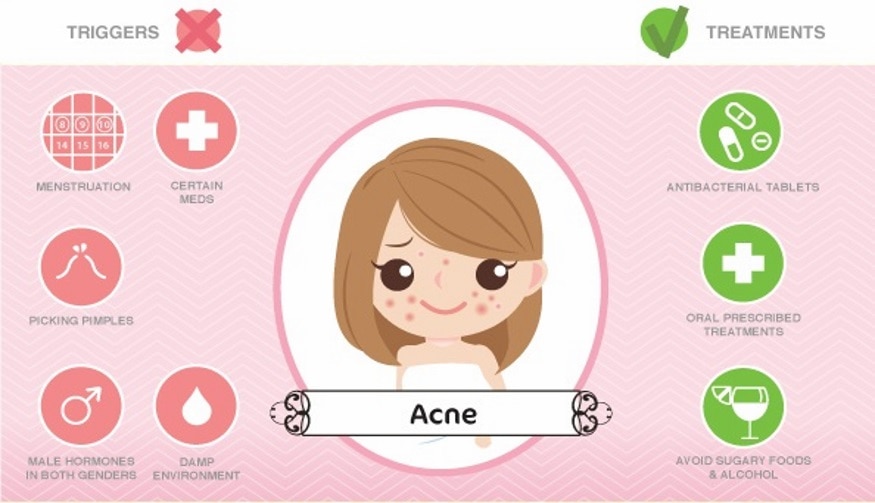
Get your favorite health, beauty and wellness products at Watsons. Shop online here!








